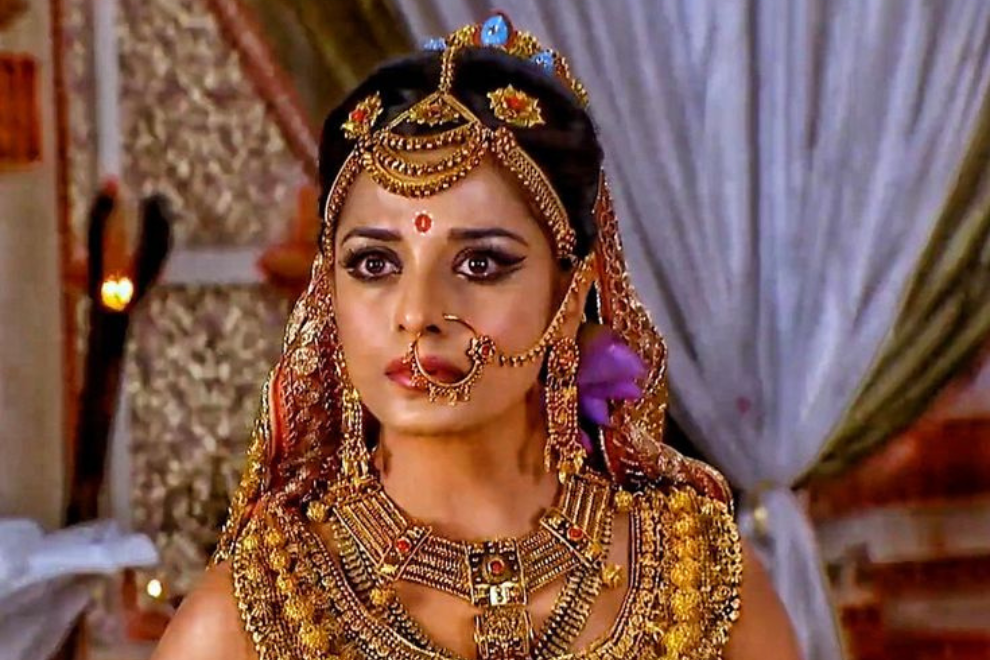Draupadi blame myth, Mahabharat real reason, Draupadi war truthThe Lie That Keeps Burning
If history is written by victors, mythology is too often rewritten by those afraid of powerful women.
For centuries, Draupadi—the fire-born queen of the Mahabharat—has been branded the spark that led to the bloodbath of Kurukshetra. One woman, we are told, humiliated a prince, made a vow, and triggered a war.
But let’s be honest:
That’s not a myth. That’s a convenient cover-up.
The war wasn’t about Draupadi’s words.
It was about male ego, royal cowardice, and the cost of collective silence.
What Really Caused the Mahabharat War?
1. Power That Couldn’t Be Shared
Duryodhana didn’t hate Draupadi. He hated that the Pandavas had something he didn’t—power earned, not inherited. His envy of their prosperity, especially the dazzling Indraprastha, planted the first seed of destruction.
2. A Dice Game, Not a Queen, Started It All
Yudhishthira gambled away everything—his wealth, his brothers, and finally Draupadi—not under duress, but in full knowledge of what he was doing.
So why does no one blame him?
Because it’s easier to say “She spoke too much” than admit he acted too weak.
3. When Silence Becomes Complicity
Bhishma. Drona. Kripacharya. Even Dhritarashtra. All present in the royal court. All silent.
Draupadi was dragged, humiliated, and objectified in front of those who claimed to be the upholders of dharma. Not one sword was raised. Not one voice called it wrong.
Draupadi: The Flame That Refused to Go Out
Let’s talk about why she was feared, not why she was blamed:
- She asked questions no one wanted to hear.
- She demanded dignity in a kingdom that didn’t believe women had any.
- She didn’t cry silently. She vowed.
- She didn’t break. She burned—with purpose.
Her vow wasn’t for war.
It was a refusal to be erased.
Why Blaming Her Is a Deeply Patriarchal Problem
When men fight over power, the world calls it strategy.
When a woman calls out injustice, we label her the cause of chaos.
Draupadi is the Helen of Troy of Indian epics—dragged into blame, stripped of context.
But look closely and you’ll see:
- It wasn’t her pride, but Duryodhana’s entitlement that started the chain of war.
- It wasn’t her vow, but Yudhishthira’s loss of self-control that made things irreparable.
- It wasn’t her fire, but our discomfort with fearless women that made her history’s villain.
What Modern Readers Must Realize
The Mahabharat isn’t just an epic—it’s a mirror.
And Draupadi isn’t just a character—she’s a question that still haunts us:
What happens when a woman refuses to stay silent in the face of power?
If the answer is war, maybe the war was necessary.
Draupadi Was the Warning, Not the Weapon
Draupadi didn’t light the match.
She was the smoke rising from years of rot—ignored, denied, and dismissed.
So, no—she didn’t cause the war.
We did. With our silence. With our injustice. With our comfort in blaming her.
And it’s time we stop.




